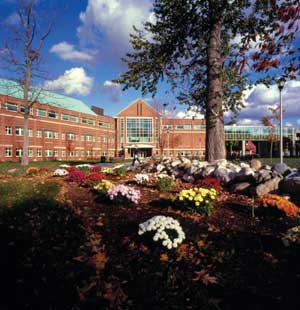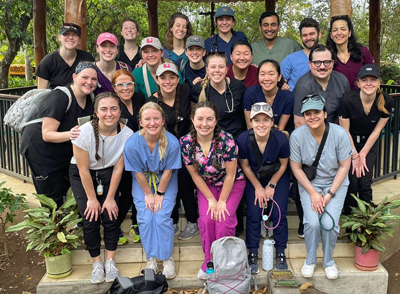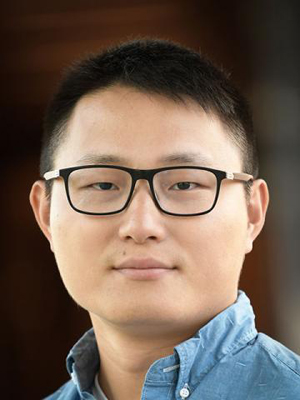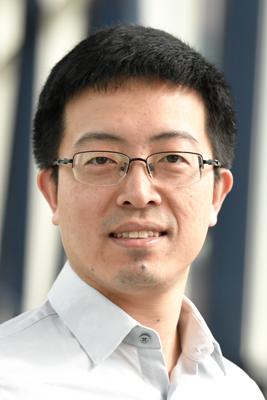Provost's Newsletter: July 2024
Message From the Provost
Greetings from the Clarkson University campus and welcome to the July edition of the Provost's Newsletter. In this issue, we take a look at a new 3+1 Business Administration BS/MBA Accelerated Program that will allow students to earn a BS and an MBA in only four years. We also cover a trip by our physician assistant studies students to care for patients in Nicaragua as well as new research on PFAS mitigation and new techniques of deep tissue imaging. I hope you enjoy reading about our gifted students and faculty as much as I enjoy interacting with them every day!
— Christopher C. Robinson, Provost
New Accelerated BS/MBA

Our Reh School's new 3+1 Business Administration BS/MBA Accelerated Program will fast track students’ business careers and empower them to complete both their bachelor's in business administration and master's in Clarkson’s top-100 MBA program, all within four years. Students will design an individualized plan of study tailored to their goals.
Read More About This Program
PA Students in Nicaragua

A group of 19 second- and third-year physician assistant studies students, along with a group of local medical professionals, recently completed a medical mission trip to Nicaragua. The students provided essential care to approximately 500 patients, addressing a wide range of medical needs and fostering improved health outcomes within the community.
Read More About This Trip
Innovative PFAS Mitigation

Assistant Professor of Civil & Environmental Engineering Yang Yang has published research in Nature Water, a sister journal of Nature focusing on water sustainability. Yang's team developed an innovative non-thermal, cost-effective method of near-complete defluorination and mineralization of PFAS in various types of wastewater.
Read More About This Research
Deep Tissue Imaging

Assistant Professor of Chemistry & Biochemistry Xiaocun Lu has been awarded an Engineering Research Initiation grant from the National Science Foundation. The award will support his pioneering research to develop advanced biophotonic technology for deep tissue imaging that could overcome the limitations of traditional imaging methods such as MRI, CT, and ultrasound imaging.
Read More About This Research
